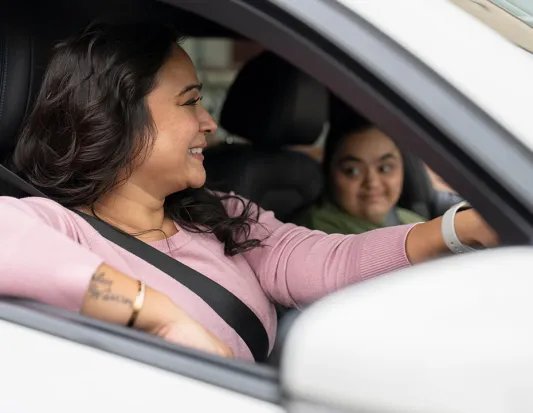It’s really important to respond to the SJPN before the deadline. You have only 21 days from the date shown on the notice (this is the date it was issued or sent to you).
The deadline to respond to the SJPN cannot be extended.
When you respond, you will have the option to say whether you are pleading guilty or not guilty.
If you don’t respond, you will automatically be assumed to be ‘guilty’ of the minor offence – even if you are not. (For more details about who is ‘guilty’ or not, see Are you guilty or innocent?)
If you need to plead guilty, responding before the deadline will enable you to receive a reduced fine. It will also give you the opportunity to explain any reason you committed the offence or anything the magistrate should know when deciding on your punishment (usually a fine).
If you don’t respond in time, you may be asked to pay the fine in a lump sum that you cannot afford, or you may be given a higher number of penalty points.
Responding in time can also allow you to explain any difficult personal circumstances you may have that the magistrate should take into account. For example, if you are/were suffering from serious ill health, a mental health problem, are a victim of abuse, or are already experiencing severe financial hardship so would be pushed further into destitution by receiving a fine.
This additional information might mean the prosecuting authority (e.g. TV licensing, the police, the local authority, Transport for London etc) agrees not to prosecute you. That is because prosecuting you has to be 'in the public interest' – in other words, it has to be in the best interest of society to take legal action against you.
Similarly, if the offence was committed due to a genuine mistake, you should explain that as they may agree to not prosecute you. (See the section on when pleading guilty.)
We recommend that if any of the above apply to your situation, or did at the time the offence took place, you write to the prosecuting authority separately to formally ask them to drop the charges against you because of your exceptional circumstances. You should do this as well as responding to the SJPN because of the tight deadline.
Now companies can receive a SJPN for less serious offences like having the wrong kind of operator's licence. The process is the same as for individuals, which is who this guide is aimed at. We suggest that companies pay for legal advice if they possibly can before submitting their plea.




